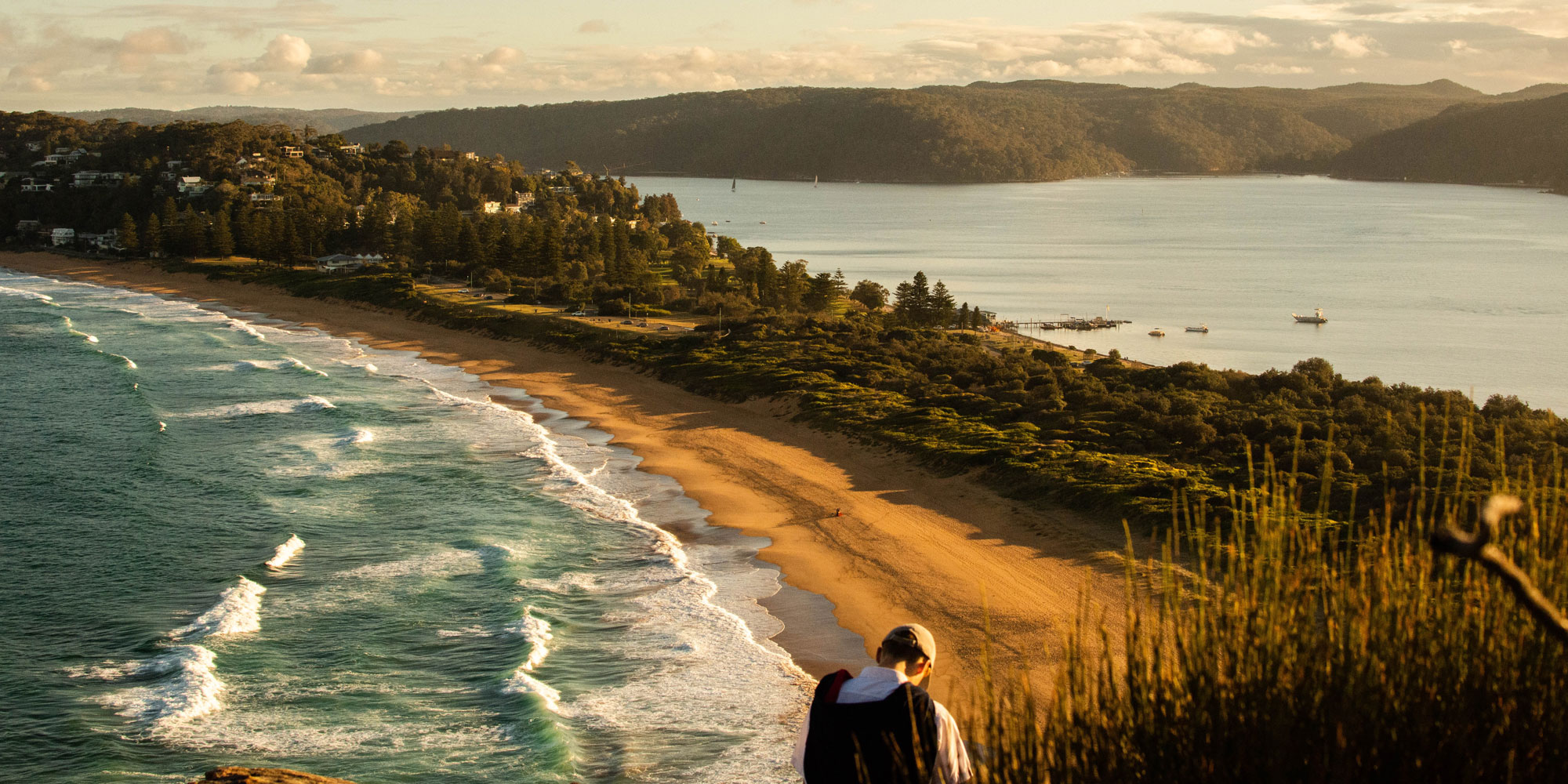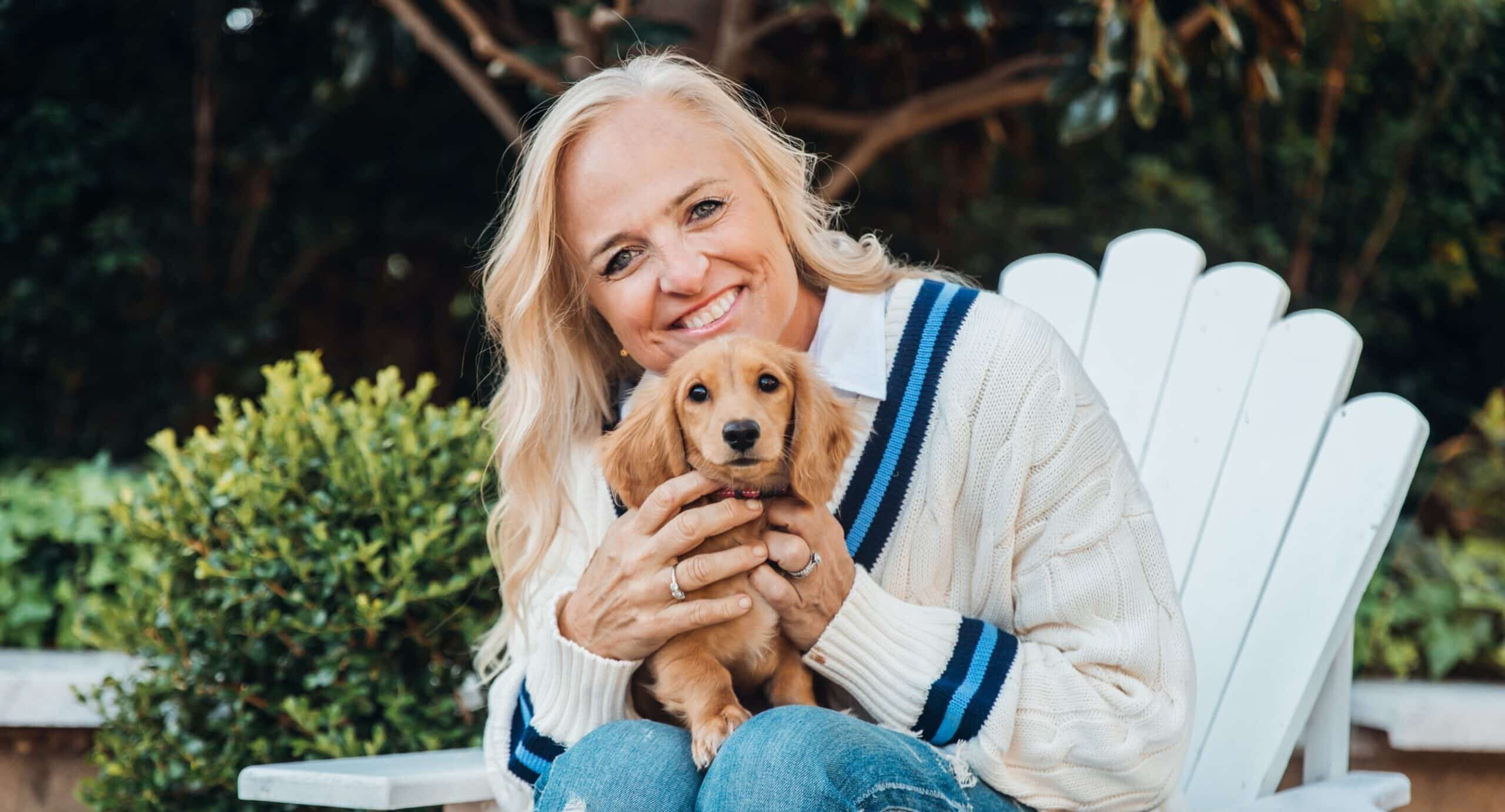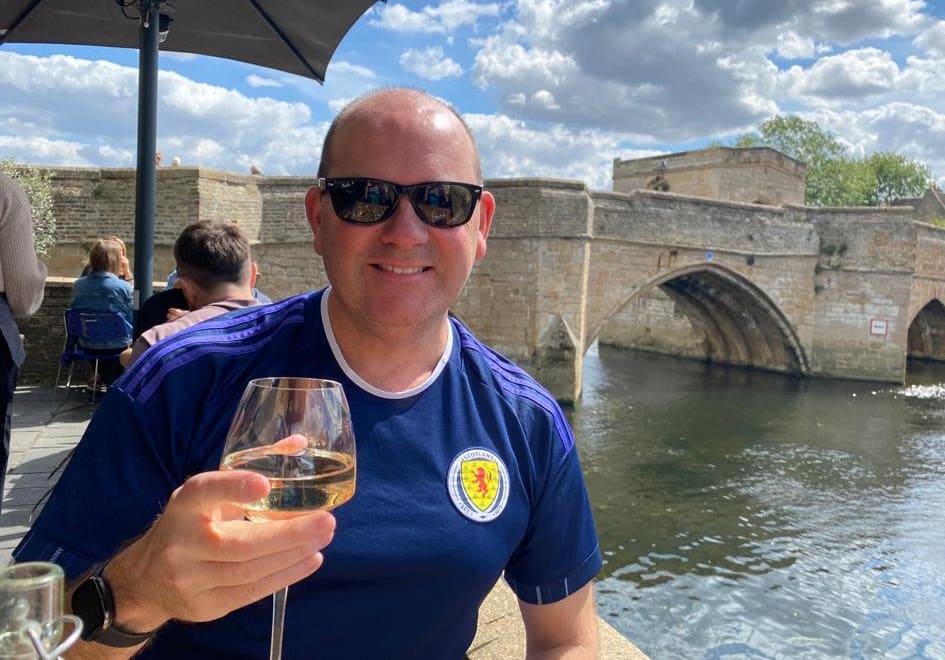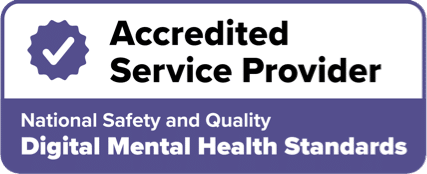
Ten years off-and-on again with alcohol

July 2020 - I uploaded an Instagram poll for participation in Dry July. The power of the crowd would ultimately decide my fate
Twelve months earlier, I was on the phone to my father, telling him about my health check-up results, which showed worrying results for a bloke in his early 30s. I had shown up hungover to the check-up, just a reflection of my care for my health and at the time speaking to Dad. I recall proudly ‘wearing’ the results as if I had just won gold in the self-sabotage games.
In 2019, I had spent £4650 on alcohol at bars and pubs alone*. Assuming an average drink in London costs £5.19, that’s approximately 895 drinks in a year or 17 drinks a week. I think I found part of the reason I was in such bad shape.
The New Year in 2020 brought in a much-needed 12 weeks of abstinence from alcohol. I had done three similar stints in the last ten years. In 2010, I announced on Facebook that I was having my first break from alcohol, which was a controversial and courageous move for me, given my environment, friends and age group.
The ‘announcement’
This ‘concept’ was made available to me and thousands of others, thanks to my good friend Chris Raine, founder of Hello Sunday Morning. HSM focuses on addiction and aims to help people change their relationship with alcohol. Chris has been a wonderful friend and support and I owe a lot of my growth journey to his ideas and input in my life. After the initial three months of abstinence, it seemed like I had a new lease on life, but it was not to be that linear.
Growing up in Queensland, Australia, where alcohol is deeply woven into the fabric of our culture, and from a very young age, I observed heavy drinking all around me. My parents and friends were no different to most, drink for this, drink for that, drink for everything! I recall my first personal ‘binge-drinking’ experience at the age of 12 when a friend brought ‘rocket fuel’ to our primary school fete, and there began a very early introduction. Through my adolescence/adulthood, I worked in the food and beverage industry; sometimes drinking on the job was a standard practice, which was followed by the mandatory ‘knock-offs’ to drink after the shift.
After moving to the UK in 2014, I saw one of the likely ‘inspirations’ of the Australian culture. I was particularly exposed to this when I moved to Nottingham to play rugby, where for my initiation to the club, I underwent an obstacle course at which every station required imbibing heavily; this was just the beginning of the season. Regularly after training sessions, we would have a number of pints and it was then I heard the term ‘five and drive’ for the first time. Saturday game days were the heaviest, where straight after the game you were to down a pint to begin the evening’s heavy proceedings. Often reaching into the early hours of the following day.
Heavy drinking is not a new problem, but at what cost? Documentaries like A Royal Hangover show the true cost of alcohol to society in the UK. The official NHS advice on excessive drinking says, to keep your risk of alcohol-related harm low:
“Men and women are advised not to drink more than 14 units of alcohol a week on a regular basis.
If you drink as much as 14 units a week, it’s best to spread this evenly over 3 or more days”
How did I operate when consuming almost three times the recommended weekly intake? The first step is admitting you have a problem, right? I didn’t think I had a problem. I mean, it wasn’t like I was having a drink in the morning, nor did I drink every day. Did I have a drinking problem? Do I have a drinking problem?
Following my most recently successful 12-week sabbatical, I was speaking with Chris from Hello Sunday Morning again. He was also on a run of interviews, trying to serve what he anticipated as a mental health and addiction concern during the lockdown.
There were plenty of good times drinking too - I am on the left enjoying a soda with Chris Raine at the centre with Marlise and Hannah
In the interview, Chris asked, ‘what is your relationship with alcohol like now?’
I responded:
‘When lockdown happened, I found it really easy to slide back into old habits and I allowed myself to have a drink here and there, after my recent break. When faced with the prospect of a drink, I am able to catch myself and ask ‘what do I want?’ Do I want to get more out of my day tomorrow? I think it’s a daily decision. I realise that I have a relationship with alcohol that is always going to be a prickly path. Managing that is important, and it is up to me how I reason with myself and manage myself.'
Reflecting on this, drinking is actually much less the demon, but the pursuit of self-governance and the seemingly elusive and nebulous idea of balance and making quality decisions.
So, where to from here?
Identity
I had built up this larger-than-life persona through drinking sessions since my mid-teens. Leading into my 20s and to now, this has overall served me with a sense of social equity (in my own mind, anyway). Now, I did realise that over the years I had been able to build similar confidence levels when sober to when I had when drinking, with much more control, grace and authenticity. I have the ability to do anything that I put my mind to – I don’t need to drink for that every time!
Values
To correlate with the last ten years, I have also delved deeply into personal development, undertaking exercises such as discovering my values. These help to guide me to my ‘true north’ when faced with difficulty and temptation. Values undoubtedly guide me to fewer of the bad things and more of the good things, which is something I know that we all want.
Daily choices
To be clear, I don’t drink every day. I know plenty of people that drink every evening and maybe they can be functionally sound that way. That is not me, at all. As I historically have proven, I typically have saved the daily drinks into a weekend, where I ‘borrow all the happiness from tomorrow’, rendering me a substandard human for at least Monday and Tuesday. These are days that are traditionally loathed for a ‘weekend warrior’ and it makes me think, ‘why would you want to make them worse?’ The choice is daily and it’s not always to drink or not, it’s the difference between one and five drinks, or the choice to drive, or find alternative transport. For your choices to be congruent with your values. Micro-choices, every day.
Goals & responsibilities
I started The Feel Good Blueprint to give myself a better level of accountability, to be someone that could show others that even a seemingly entropic individual could find order in the chaos. I recently spent seven days re-writing my grand plan for being my best self – am I going to put all of this to waste? I could, but my goals, my values, my responsibility to myself, my partner, friends and family will always outweigh this. I choose to order the chaos as best I can.
Budgeting
There are plenty of budgeting tools out there to use. I used an app that helps me manage my outgoings and particularly for spend on drinks. I chose to cut my monthly spend by 80%, a drastic decrease but a necessary one that I am sticking to (for the most part).
My results
I am in a much better state of health than 12 months ago and my physician was very congratulatory. As for Dry July, I took the power of the crowd’s advice. For this moment, I will have a drink or two when it is appropriate, however, I have learned to not give my power away to alcohol or anyone else in the process.
As I write this, I sip my tea, raising it to another ten years of taking breaks and learning lessons.
Simon Maher is the founder of The Feel Good Blueprint. This blog is an insert from his website. Read the full story here.













Congratulations- Inspirational. Thank you for writing.
Thank you Jane!
I love this and totally resonate. I don’t say I’m never going to drink again, that’s too much pressure. I take it day-by-day. I love the term micro-choices, that’s a winner. Thanks for sharing Simon
Thanks, Annie, glad it landed!
Great article. Resonates very much with how I feel about my relationship with alcohol. Sometimes HSM makes me feel inadequate because I’ve chosen not to completely reject alcohol but rather have a better relationship with it, so articles like this inspire me. Cheers.
Can certainly relate to wanting and achieving values that alcohol does not match up to. The self loathing overwhelming feeling on Monday & Tuesdays.
Well done for being open and honest.
Thanks for this insight, and so frankly. It certainly resonates with me.
The daily challenge remains.
Thanks for sharing and being so honest. I’m an alcoholic but I can go months without drinking – but the stigma is stuck with me. Friends see me have a drink and they tell me off – because I’m an alcoholic.
Thank you for a wonderful encouraging article
‘I choose to order the chaos the best that I can’. My new mantra. Thank you.
On again off again is my experience also – its staggering the amount of money spent and the days lost because of “sub-human” – thanks for posting
Well done. But 17 drinks a week being problematic is a bit of a stretch when I know some of us out there do that in a day, regularly. Not gloating, reeling. The in out and having a drink “when appropriate” doesn’t resonate with me personally. There is no appropriate time for an alcoholic TO have a drink. And there is no appropriate time for an alcoholic NOT to have a drink. We can’t drink at all, in my opinion, if you are fortunate enough to be handed the addict baton. Again, well done, but it’s not really 1000 days if you’re going in and out is it?
Thanks for this blog. Your comment about borrowing all your happiness from tomorrow really resonated with me. I am a life long binge drinker and can easily not drink during the week but Friday, Saturday and Sunday are a different story. Each night I now realise I borrowed all my happiness from the weekend during my evenings of drinking. My valuable weekends have been “lived” whilst managing monster hangovers. I now ask myself if I want to use all my weekend’s happiness for 2 or 3 evenings of drink. So far I have said no!
That was very well said and given me food for thought. Thank you.
I loved the way your comments on the drinking culture of Australia and the UK. I heard recently that a woman went to Spain and was offered alcohol free wine. Why is this not option here in Australia? When might we look at altering our toxic culture? My background of drinking is parental, abuse, culture, anxiety and depression. I am about to gather a team to assist me in my biggest achievement ever. I have burnt the family bridge.I wouvld love to see this addiction for what it is, as you have seemed to have. Thanks for your story
Thank you I really appreciate your honesty & determination, it’s great to know that others are with you and we all share a similar journey
Well done – great insight
Thank you for sharing your experiences.. I’m 50 days In atm. Hoping to rid alcohol from my life. Yes, the concept of “micro management” resonated 100% with me. I’m stating, vocally, to myself, I won’t drink for half this day. And around 1pm, state this decision for the rest of the day. Found “a whole” day too much pressure, stressful and tiring. Booze is just taking way more than it’s giving. I’m discovering those deep rooted beliefs were false. Don’t need alcohol to have fun, be social, dance, feel sad, happy, sleep, grieve and celebrate etc. Alcohol lied !!! Don’t listen to this enemy anymore 😥
Luv from Ali 😊